Francisco Bustamante: How Django Got His Namename!
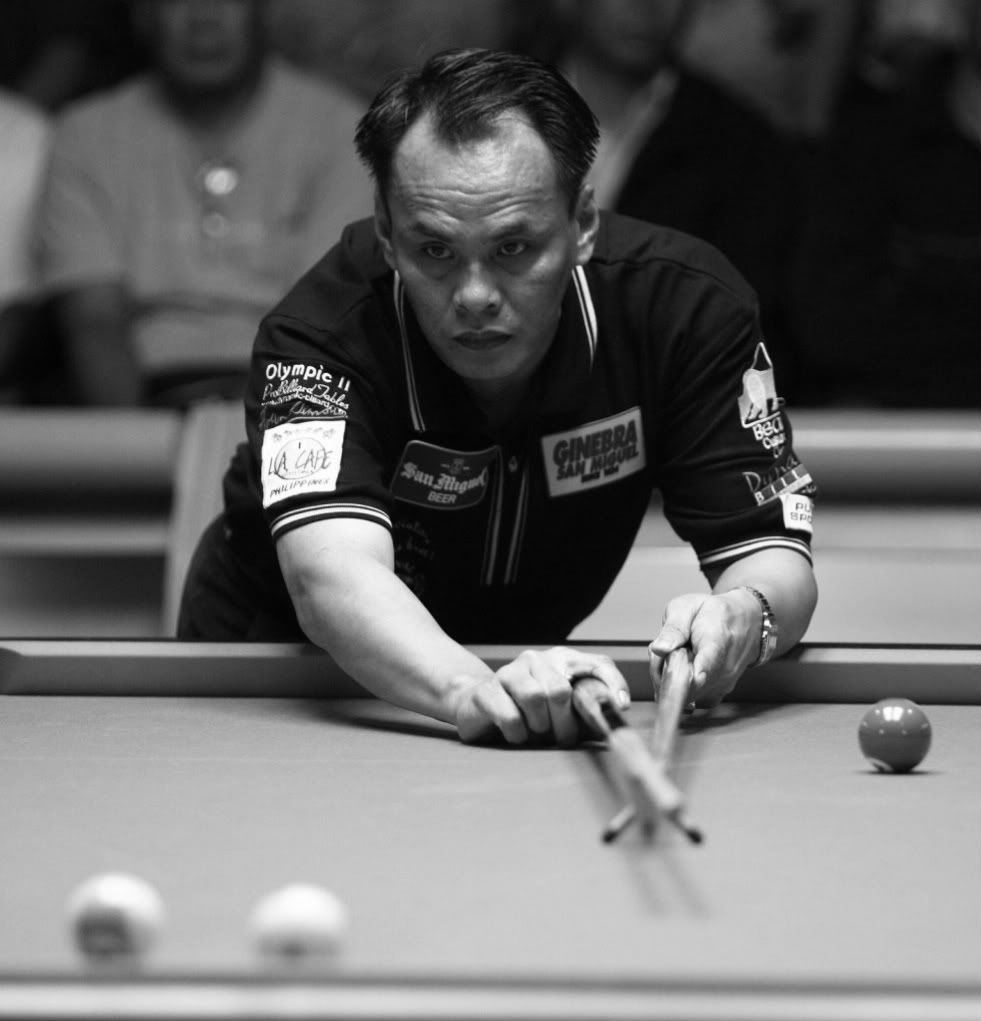 A number of my billiards buddies and pool players are asking me about Francisco Bustamante, particularly where he got the nickname Django.
A number of my billiards buddies and pool players are asking me about Francisco Bustamante, particularly where he got the nickname Django.Francisco Django Bustamante is currently in the United States to compete in the US Open. The moment he comes back, I will personally ask him about his moniker and all.
Truth be told, the questions surrounding his nickname got me curious. Thus, I searched the Internet computer network for possible info on such. My search results highlighted a particular article from Easy Pool Tutor – A Man Called Django. The author of the post is unknown but it was referenced to The Asian Journal.
So, without further ado, here is the article in its entirety! It is one interesting read on the Filipino pool player! And I kid you not! Enjoy!
A Man Called Django
It’s in his eyes, steely and unwavering, the look of a hunter after prey. Francisco "Django" Bustamante stalks the pool table, the green rectangle his hunting ground, weapon of choice firmly in hand, ready to strike. It's in his movements around the table: careful but never tentative, pausing now and then to take a puff from a cigarette. If he's across the table from you, then you have a case of good news and bad news. The good: You are facing off against one of the best ever to hold a cue stick. The bad: You're going down next.
Intensely competitive and driven to perfection, Django has always seemed to be a pocketing machine, racking up title after title during this, perhaps the golden era of our country's recent billiard-crazy history. But Cardiff changed all that.
While competing in this year's World Pool Championship in Cardiff, Wales, the nation looked on as Django, clearly hurting from the death of his youngest child a world away, stoically battled Earl Strickland in a tense final pairing. Though he would fall to the American, Django's act of courage touched a nation, and his tears upon his return showed us an entirely new side to the taciturn pool predator.
Yet some things never change. As a new year begins, Django will once again leave his family and travel the world like other professional pool players, match-day mercenaries with sticks slung over their shoulder, journeying to all ends of the earth. As he always has, Django will depart to do battle anew -- but he won't forget all that went on this past year.
Embraced by the cool shadows of the Puyat billiards hall in Makati, Django is home among the silent tables and sticks waiting to be used. As he tells his story, it becomes clear, as in the case of modern legends, that the 39-year-old's origins are the stuff of fiction.
Django is the second to the youngest in the prodigious brood of 13 born to Macario Bustamante, who made toilets or worked in the rice fields, and his wife Juana Bustamante. But the boy would only meet seven living siblings, including the one born after him, effectively making him the bunso. Born December 29, 1963, to humble beginnings in microscopic Barrio Maliwalo-Maligaya in Tarlac, Django got his name from his playmates.
The game-time gunslinger owes his name to Italian actor Franco Nero. "Cowboy movies were very popular then," he relates in crisp Filipino. "People looked at me when I would play, me in my sandals. And I hated losing, so I would challenge them to fistfights. People said I was like Django, and the name stuck." He was only 12 when he first felt the call of the cue. "One of my siblings was running a restaurant in the town of Tarlac and it was next to a billiard hall," he recounts. "After school, I'd go to the restaurant, then straight to the hall to play a bit until I found out I liked it."
Even in school, the sport was accessible. "There was a billiards hall next to the school, too, and I was there a lot."
Django discovered he really, really liked the game and dropped out in his second year of high school to become a real pool player. At the pool hall, he often acted as the spotter--taking out the pocketed balls and racking them up before "spotting" the cue ball--and earned some money from tips. "When I was a spotter, I figured I could make some money from playing. So I played every day." At 16, he was already whipping older opponents in Isabela and Dagupan.
A benefactor named Mr. Bocobo watched a 22-year-old Django and liked what he saw. In 1985, he brought Django to Manila, the epicenter of the game then and now. "If you wanted to improve your game, you had to come to Manila because all the good players were there." Django hung around the big city pool halls, joined in the bets until he began sharing the floor with big-time players, particularly at the old Coronado Lanes in Cubao.
*Much thanks to Easy Pool Tutor and The Asian Journal!
Other interesting reads
*Bustamante at World Pool Masters
*Bustamante is 1st Runner Up at Predator 10-Ball
*Django Bustamante and Daryl Peach
*Francisco Django Bustamante is the DCC All Around Champion
*Francisco Bustamante & Ramil Gallego Enter SMB-QC 9-Ball
*YouTube Video on Diango Bustamante
*Django & Dennis at World Cup of Pool
*Django vs. Fong-Pang Chao
*Bustamante in Predator Straightpool
*Francisco Bustamante: Kilabot of the Billiard Hall
*World Cup of Pool: Bustamante & Orcollo
*Bustamante at World Pool Masters
*Bustamante is 1st Runner Up at Predator 10-Ball
*Django Bustamante and Daryl Peach
*Francisco Django Bustamante is the DCC All Around Champion
*Francisco Bustamante & Ramil Gallego Enter SMB-QC 9-Ball
*YouTube Video on Diango Bustamante
*Django & Dennis at World Cup of Pool
*Django vs. Fong-Pang Chao
*Bustamante in Predator Straightpool
*Francisco Bustamante: Kilabot of the Billiard Hall
*World Cup of Pool: Bustamante & Orcollo
"Billiards is everything with The AnitoKid!"
*Did you enjoy the post? Did you find it interesting?
You know what to do...:)





















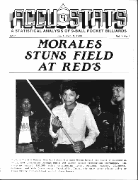
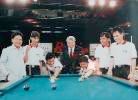
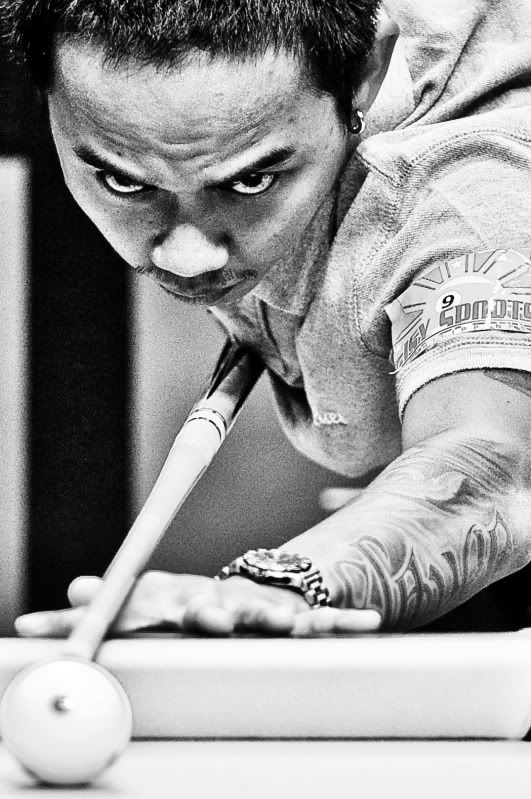
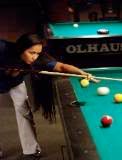
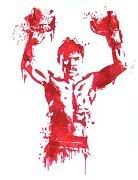








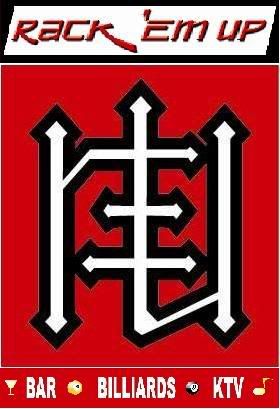




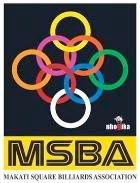
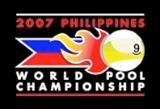
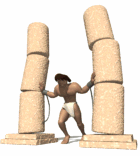
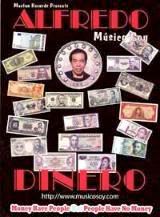
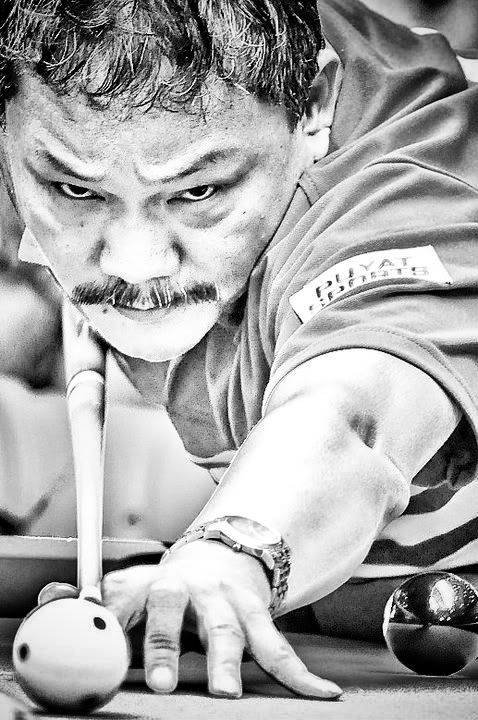





0 comments:
Post a Comment